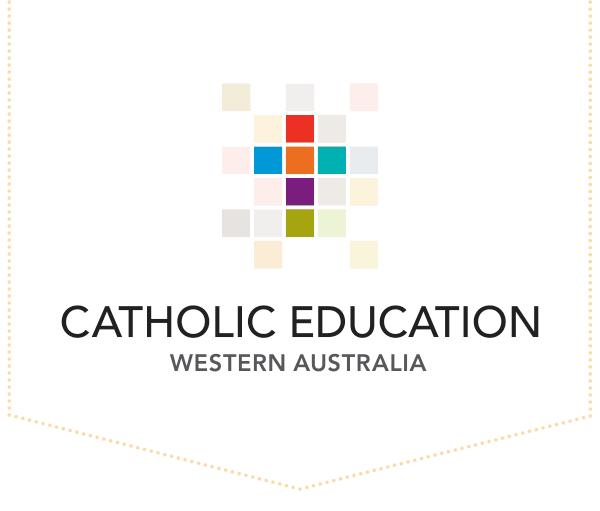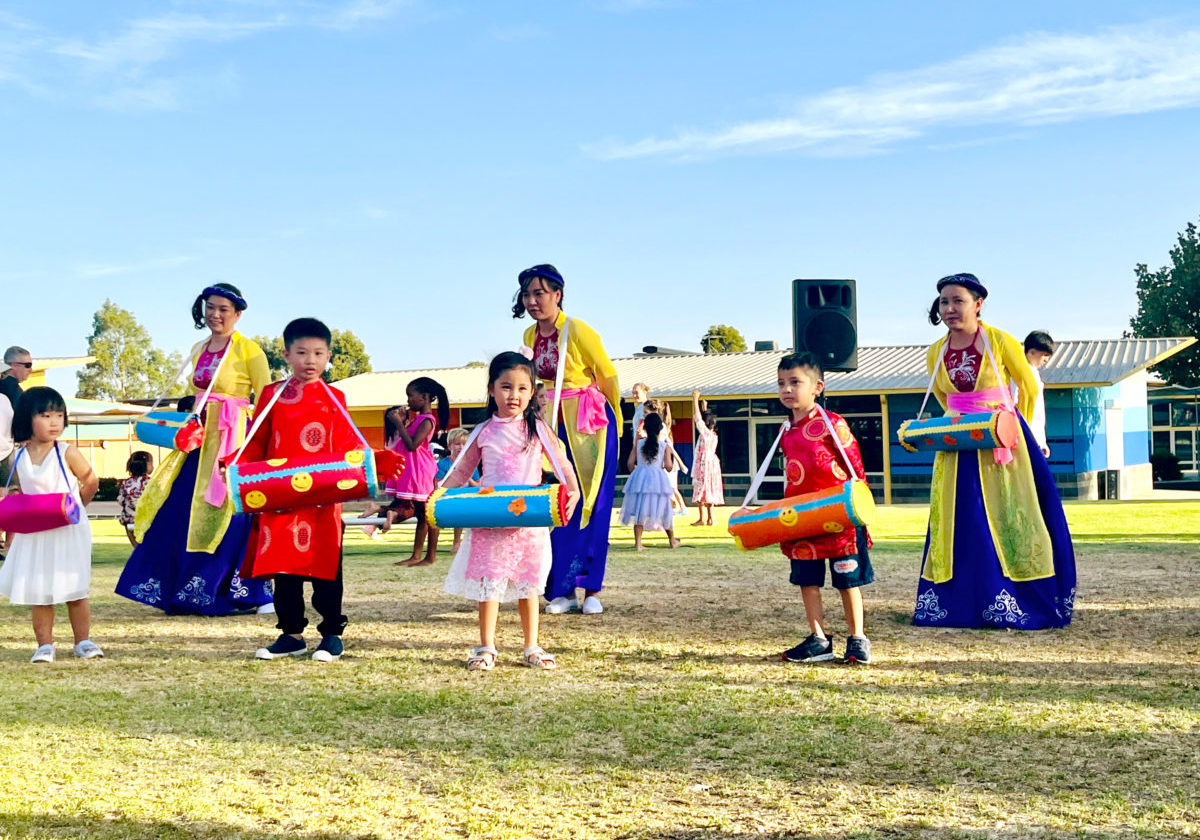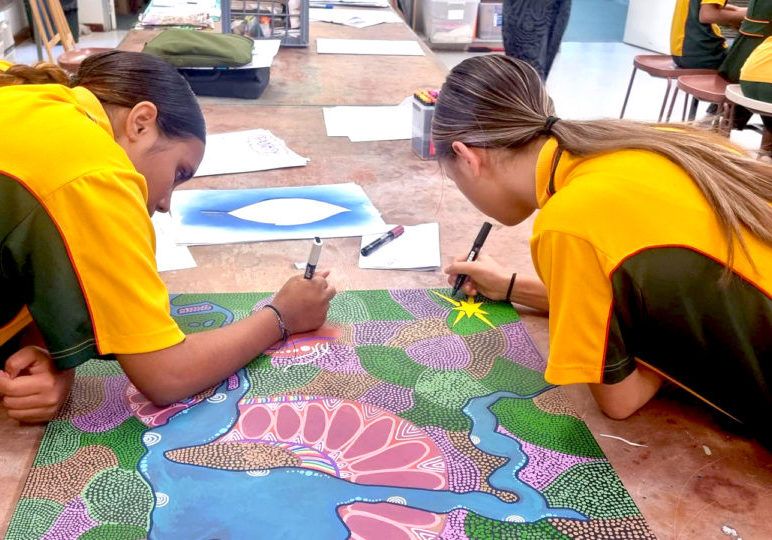Student Wellbeing during COVID-19
10 November 2020
By Laura Allison, Team Leader, Psychology
Catholic Education Western Australia
The COVID-19 pandemic has clearly impacted on the physical health of many, but even those not directly exposed to this virus are at risk of other consequences of the pandemic, namely the impact on mental health.
In times of trauma and tragedy, the best recommended psychological first aid is to encourage those experiencing distress to lean into the support of others. This could mean connecting with loved ones, connecting with community, or connecting with their parish, yet the necessary COVID-19 protocols for physical safety that have been practiced this year have depended on physical distancing, in many ways disrupting our most basic need to belong and connect.
The WA Commissioner for Children and Young People, Colin Petit, gave a platform for the voices of children to be heard during this time, releasing the document COVID-19 As Told by WA Children and Young People. The experiences and views expressed within this document reveal the fear and uncertainty experienced by children and young people as well as the many losses, big and small, that they have endured and the associated grief.
Research tells us that children and young people may be more psychologically vulnerable during emergencies and crisis situations, given their age, life experience and less developed coping strategies (Cahill, Dadvand, Shlezinger, Romei & Farrelly, 2020). While it is too early to quantify the impact of COVID-19 on youth mental health, helplines have reported a staggering increase in calls during this time and modelling of the adverse impacts of COVID-19 predicts there may be an increase in youth mental illness as well as youth suicides.
Schools have the potential to prevent mental health problems and to be incredibly protective for children and young people during times of uncertainty and crisis, including through the provision of safe spaces, routines, boundaries, social interactions and access to support services. One of the challenges in responding to COVID-19, especially during the period when many students were learning remotely, was that students did not have the same access to these resources and supports. For the most vulnerable students, such as those struggling with mental illness or experiencing hardship, the circumstances of COVID-19 had the potential to be particularly challenging and contribute to additional trauma, stress and pressure.
As Christ-centred and child-focused communities, Catholic schools implement many pastoral care and wellbeing practices. Fundamental to providing pastoral care is to proactively wrap layers of support around students whenever needed. COVID-19 presented unique challenges for our schools, as this pastoral care was required at a much larger scale, for an extended period of time and at times needed to be provided remotely.
Innovation, courage, creativity and highly motivated educators problem-solved how they could best identify and respond to students of concern if geographically separated, and how they could continue to cultivate the wellbeing of students despite the circumstances being faced. Two initiatives implemented during this time was the introduction of technology platforms such as Microsoft Reflect, which made the wellbeing of students more visible to teachers, and the purchase of the Visible Wellbeing e-Program for every Catholic school, to provide virtual and classroom-based interventions that demonstrate how students can maintain and build their wellbeing via small wellbeing habits and practices.
While Catholic schools were already embracing and implementing pastoral care and wellbeing practices, COVID-19 was a catalyst to be more intentional in this space. Ongoing work in the Catholic Education Western Australia system is seeing the widespread adoption of a trauma-informed approach to student learning, a restorative approach to behaviour, and a high premium placed on quality connections and respectful relationships. These practices create the optimal conditions for students to thrive and live life to the full. Working in partnerships with parents and families, the importance of teaching and cultivating mental health and wellbeing capabilities for children and young people is more important than ever, with a greater appreciation that this is both a precursor to, and integral part of student learning.
Jiddu Kishnamurti once said “it is no measure of health to be well adjusted to a profoundly sick society”. If we truly want children and young people to thrive then we need to create a society in which their classrooms, schools, families, sports clubs, parishes and communities create the optimal conditions to enable this. Where they feel safe, where they belong, where they have agency, where they are able to be the best versions of themselves.




